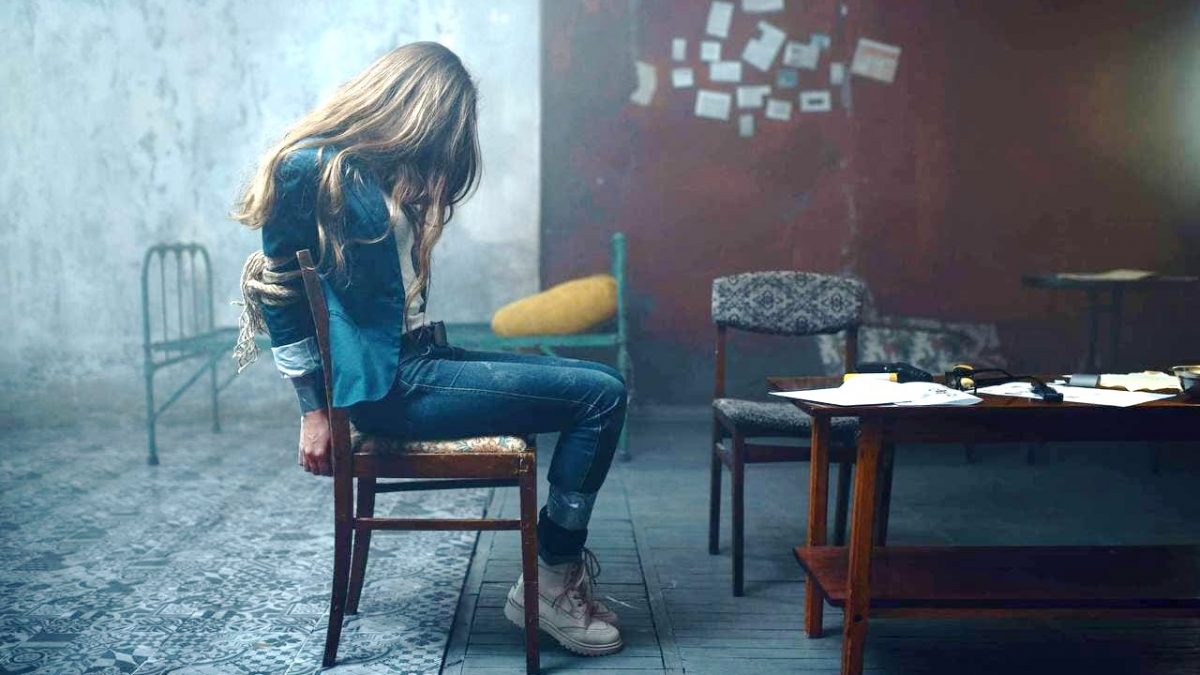React reports show that violations of rights of sex workers, discrimination, and degrading treatment are frequent in Georgia. It is noteworthy that in many cases beneficiaries refrain from complaining to the police because of their affiliation with sex work, which is due to self-stigma in the community.
We would like to consider a success story, where a sex worker decided to fight for her rights, and with our help, the case was resolved positively for the beneficiary.
The story
The sex worker lived with her husband and three children. Because of the social and economic situation of the family, the wife decided to get involved in sex work to provide for their children. However, due to the stigmatization of sex work, she decided not to disclose that. The husband found out that she was involved in sex work, which resulted in her being physically abused and locked up at home for a week. Then, with the help of a neighbor, she managed to get out of the house and called the police. The beneficiary also contacted one of our Reactors, who took care of the beneficiary’s housing and her inclusion into the relevant shelter program. The husband received a warning in the form of a restraining order.
The beneficiary, accompanied by our lawyer, intends to fully protect her and her children’s rights to an adequate environment for their development. The beneficiary intends to file a lawsuit against the spouse and divorce him. Temporarily, their housing issue has been resolved, but they soon plan to move to live separately with the children.
Rather exception than a rule
Similar cases have been extensively documented within the React system, although only in a few of the cases the beneficiaries decided to fight for their rights and file a complaint. It is important for beneficiaries to learn more about their right to defend themselves or to dare and ask for help. The React Team in Georgia has been actively working to increase the awareness of beneficiaries.
The issue of stigma / discrimination and self-stigma is also important, it often prevents beneficiaries from disclosing cases of violation of rights. The React team is working as part of a social campaign to raise awareness of public stigma / discrimination/ self-stigma.
Raising awareness and sensitization of beneficiaries and the public will reduce the prevalence of violation of rights and increase the number of respondents.
What the Law says?
According to Article 9 of the Constitution of Georgia, torture, inhuman or degrading treatment of a person shall be prohibited, while Article 10 protects the physical integrity of a person. According to Article 126 of the Criminal Code of Georgia, violence against a family member committed by another one, insults, humiliation are punishable acts. In compliance with the law, detection and appropriate response to cases of violence against women and/or domestic violence must be exercised by law enforcement agencies and the judiciary, as well as victim identification groups.
Criminal, civil legal, and administrative legal mechanisms are used to detect and prevent violence against women and / or domestic violence. Administrative legal mechanisms apply if an offense, according to legislation, does not entail criminal liability and can be prevented under provisions of the Code of Administrative Offenses.
The law of Georgia refers to protective and restraining orders as a temporary measure to protect victims of violence and to ensure restriction of certain actions by the perpetrator by an authority or an official authorized to promptly respond to domestic violence cases. The state offers state-owned shelters for victims of violence against women and / or domestic violence, where victims are provided with psychological and social rehabilitation services, legal and medical aid, emergency medical and legal aid. It is also possible for a victim to stay temporarily at the place of residence and to have the abuser evicted from the abode, even if the abode is owned by the abuser.
Call!
If you are a victim of violence against women and / or domestic violence or have information about cases of violence, please call 24/7 LEPL Human Fund for Victims of Trafficking, Victims of Domestic Violence Advice Line at the Advice Hot Line: +995 32 116 006 or 112


